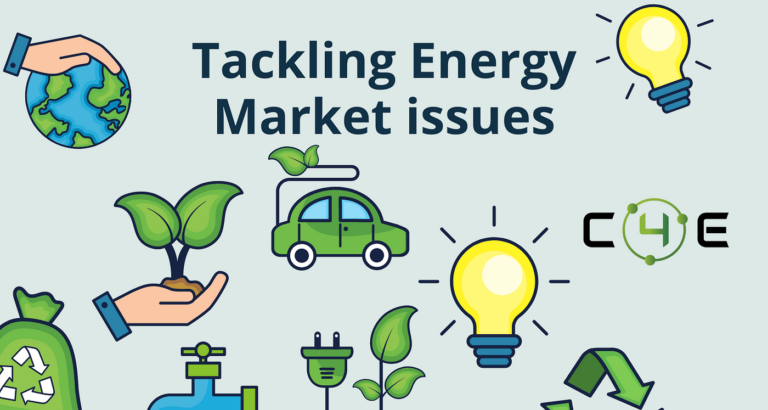Leveraging Blockchain for Climate Action — WEF Report Summary
In a world grappling with the profound challenges posed by climate change, harnessing cutting-edge technologies is crucial to scaling up climate action and achieving a sustainable future. A scientific article titled “Blockchain for Scaling Climate Action,” published by the World Economic Forum (WEF), explores the transformative potential of blockchain technology in addressing the pressing environmental issues we face today. With its decentralized and transparent nature, blockchain offers innovative solutions to enhance the efficiency, integrity, and coordination of climate initiatives.
Blockchain in Action
The urgency of digital transformation in the climate sector is emphasized in the article, drawing attention to the transformative power digital technologies have demonstrated in other industries. However, the climate sector still relies on outdated and limited data, hindering progress towards climate goals. Blockchain technology presents an opportunity to revolutionize the sector by democratizing ownership, improving transparency, and optimizing resource allocation to tackle challenges such as biodiversity loss, energy grid deficiencies, disaster displacement, and equitable resource distribution.
WEF’s significance as a globally recognized organization that fosters public-private cooperation further underlines the importance of this scientific article. WEF serves as a platform for experts, policymakers, and thought leaders to collaborate on pressing global issues, including climate change. By spearheading research and facilitating dialogue, WEF plays a crucial role in shaping sustainable development agendas and driving innovative solutions.
The article delves into the concept of Web3 and regenerative finance in the context of blockchain-enabled climate solutions. Web3 represents the evolution of digital infrastructure, emphasizing decentralization, democratized access, and open-source code. Regenerative finance focuses on creating an inclusive and regenerative economic system by leveraging blockchain technology. Together, these concepts hold immense potential for shaping a sustainable future powered by blockchain-enabled climate solutions.
Five years from now, I think almost every major registry will
be blockchain-based. I think most credits will be issued
on the blockchain in a tokenized format. And we just won’t
really see what’s going on behind the scenes.
Alasdair Were, Adviser, IETA
The insights presented in the article are grounded in rigorous research, including ethnographic studies, evidence-based climate innovation case studies, and interviews with industry experts. The research highlights notable industry trends, such as the growing adoption of blockchain in the climate space, the expansion of digital measurement, reporting, and verification (dMRV) solutions, the evolving carbon market, and the emergence of novel blockchain tools beyond carbon markets.
Concerns and Summary
While recognizing the immense potential of blockchain technology, the article acknowledges the challenges facing the industry. These challenges include reputational concerns, the imperative to focus on real-world impact, regulatory uncertainties, and the need to bridge the education gap surrounding blockchain technology.
In conclusion, the article emphasizes that the widespread adoption and successful implementation of blockchain technology in the decarbonization sector necessitate collaboration, education, and effective regulation. Partnerships between industry stakeholders, policymakers, corporate sustainability teams, and non-profit organizations are crucial to accelerating the development of blockchain-enabled climate solutions. By embracing blockchain technology, we can catalyze collective action, overcome the challenges of climate change, and foster a sustainable future for generations to come.






